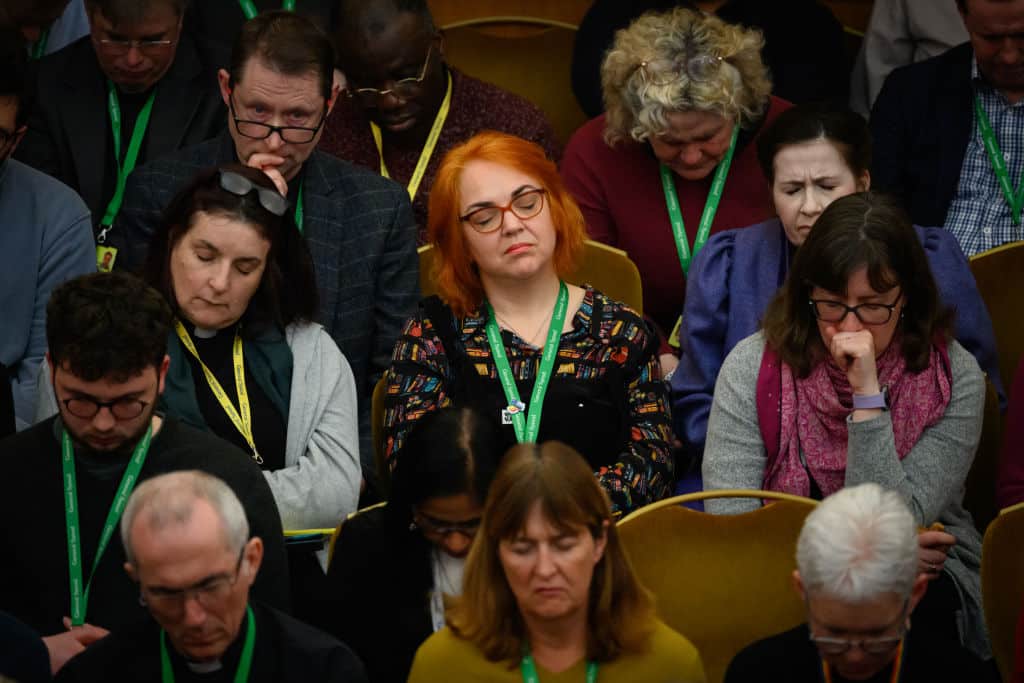Recently The Times newspaper reported on the findings of its survey of 1,200 clerics of the Church of England. Among the dispiriting results was that only a quarter who responded thought that Britain was still a Christian country, with two-thirds considering that it was only Christian historically.
But perhaps the most troubling aspect of the poll was that it found, as the paper reported, “a strong desire among rank-and-file priests for significant changes in church doctrine on issues such as sex, sexuality, marriage and the role of women to bring it into greater line with public opinion. A majority want the church to start conducting same-sex weddings and drop its opposition to pre-marital and gay sex.”
If there is a clue to the first finding, that Britain is no longer a Christian country it may well lie in the attitudes expressed in the second, the willingness to conform to the spirit of the age.
Certainly, those who responded to the survey are only a minority of Anglican clergy, but it is not difficult to recognise the attitudes it expresses. Granted, they can be found among many Catholics too. And for the Catholic Church there are lessons here about what approach not to take to the realities of living with a secular culture.
The tragedy is, of course, that Christian ethics are missed as society becomes less Christian.
To take an obvious example, unrelated to sex, the fact that in the UK, theft from shops has become normalised derives from a skewed sense of right and wrong as well as a cost of living crisis. It is at least partly because too few shoplifters have ever learned that “thou shalt not steal”, that they do so. And while Catholic social teaching holds that we may steal if the alternative is starvation, this is simply not true of most shoplifters, who take goods without paying simply because they are likely to get away with it.
Christian morality, robustly asserted in schools, once underpinned social norms; we are all losers when it does not.
So far as the neuralgic issues of sex and sexuality go, the obvious moral from the condition of the Church of England is that a willingness to “bring it into line with public opinion” is exactly not the way to go. The CofE has been willing to do so, and it has not arrested its decline. The Catholic Church too has suffered alarming losses in numbers and Catholic priests deal all the time with the divide between how Catholics behave, and how we are meant to behave. But it will not recover those losses by an obliging willingness to conform to contemporary sexual norms. Those churches which have done so most – see the Protestant churches of Scandinavia – have fared worst.
We must be the salt of the earth, not taste exactly like it.



